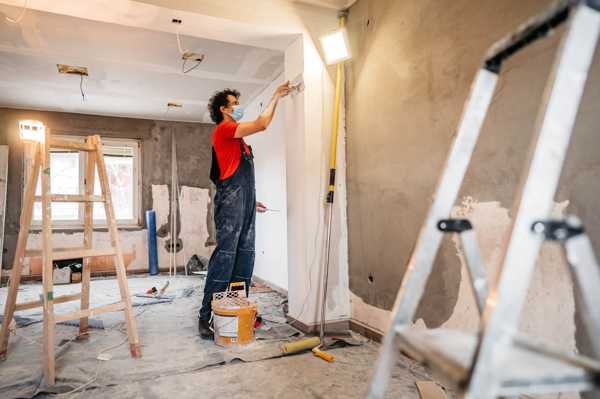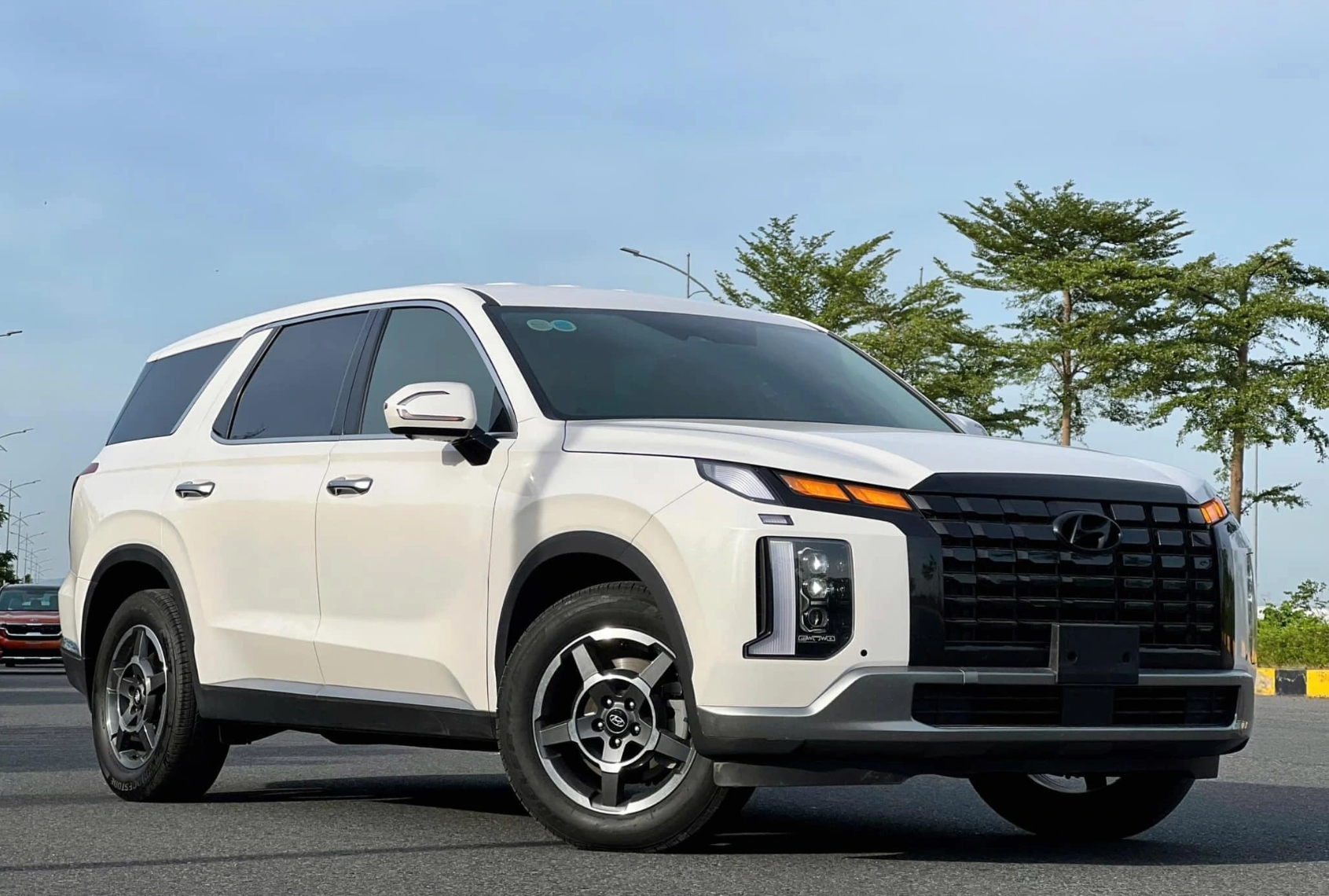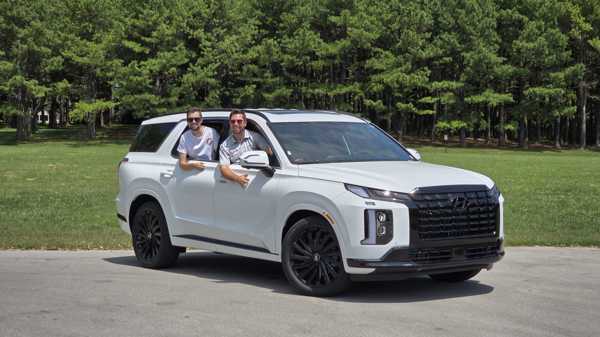Did you know a full set of dental implants could cost seniors up to AUD 60,000 in Australia by 2025? Discover practical tips to manage these expenses and find solutions that make restoring your smile more affordable.

Understanding Full Mouth Dental Implants for Seniors
Full mouth dental implants are a permanent option for addressing extensive tooth loss, designed to closely resemble the appearance and function of natural teeth. For seniors, this can provide an improvement in quality of life and oral function. Implants also help stimulate the jawbone, reducing the likelihood of bone loss and supporting facial structure over time.
Traditional dentures may present a lower initial cost, but they generally do not provide the same stability or jawbone support as implants. This is why many seniors consider implants a long-term investment in oral health.
The Total Cost of Full Mouth Dental Implants in 2025
As of 2025, the average starting cost for full-mouth dental implants in Australia is:
• AUD 30,000 per arch (upper or lower jaw)
• AUD 60,000 for both arches
Typical Breakdown of Costs
• Initial consultation and imaging: from AUD 300
• Surgical placement (per implant): from AUD 1,500
• Bone grafting (if required): from AUD 500
• Temporary teeth during healing: from AUD 1,000
• Final fixed prosthetic teeth: from AUD 15,000 per arch
Most individuals require 4 to 8 implants per arch as the foundation for their prosthetic teeth.
Note: These are starting prices; final quotes may differ depending on individual needs, clinic location, and additional procedures.
Key Factors Influencing Cost
Several considerations affect the overall price for senior patients, including:
• Number of implants: More implants typically increase the cost.
• Type of materials used: Choices such as titanium or zirconia have different price points.
• Need for extra procedures: Treatments such as bone grafts or extractions may add to the total.
• Experience of the dental provider: Experienced surgeons may have higher fees.
• Location of the clinic: Charges can vary across different regions in Australia.
What the Process Looks Like for Seniors
A general outline of the process includes:
• Initial Consultation:Assessment of oral health and bone density, with X-rays and scans.
• Preliminary Treatments (if required):Procedures such as extractions or bone grafting to prepare the jaw.
• Implant Placement:Placement of implants under local anaesthesia. Temporary teeth may be provided during healing.
• Healing and Integration:The bone fuses with the implant over several months.
• Abutment and Prosthetic Teeth Fitting:Once healing is complete, custom prosthetic teeth are fitted.
• Aftercare and Maintenance:Ongoing checkups and oral hygiene are important for maintaining results.
Coverage Through Medicare or Public Dental Schemes
• Medicare:Dental implants are not typically funded by Medicare, as they are considered elective procedures in Australia.
• Private Health Insurance:Some extra cover plans may contribute to related items such as crowns or imaging, but usually do not cover the surgical placement of implants. It is advisable to review your policy or contact your insurer for specific details.
• Government Subsidies and Veterans Benefits:While comprehensive government coverage for full dental implants is not available as of 2025, some state or territory programs may provide limited support or discounts for eligible seniors. Veterans may also have access to certain dental benefits through the Department of Veterans' Affairs, subject to eligibility criteria.
Options to Help Make Implants More Affordable
Given the costs involved, dental practices may provide:
• Flexible Payment Plans: Allowing payment over time in regular instalments.
• Payment Services: Options such as Afterpay, subject to eligibility.
• Personal Medical Loans or Credit: Health-focused credit cards or personal loans with varied repayment schedules.
• Fee Discussions: Some clinics may consider adjustments to fees or offer discounts for seniors or pensioners.
Seniors are encouraged to:
• Inquire about in-house financing or payment plan eligibility.
• Request clarification on all available cost support or financing options.
Considering Full Mouth Implants as a Long-Term Solution
Many seniors view implants as a lasting solution for tooth loss, with several reported advantages:
• Durability: With proper care, implants may last for many years.
• Jawbone Support: Implants help maintain bone structure compared to traditional dentures.
• Comfort and Functionality: Implants can provide stable chewing and speaking function.
• Potentially Lower Long-Term Dental Expenses: Addressing tooth loss may help reduce risks of some future dental complications.
Special Considerations for Pensioners
• There is no standard discounted rate for pensioners; however, investigating all payment, insurance, and government assistance options is recommended.
• Consult with your dental provider about potential eligibility for payment support or state-based assistance.
• Veterans may wish to check with the Department of Veterans’ Affairs regarding dental coverage for implants.
In 2025, the cost of full mouth dental implants for seniors in Australia starts at around AUD 30,000 per arch and AUD 60,000 for both. Although the expense is considerable, payment plans and occasional subsidies for eligible pensioners can help with affordability, and implants may offer long-term oral health benefits. Reviewing options with a qualified implant dentist and researching all financing avenues are advised steps in decision-making.





